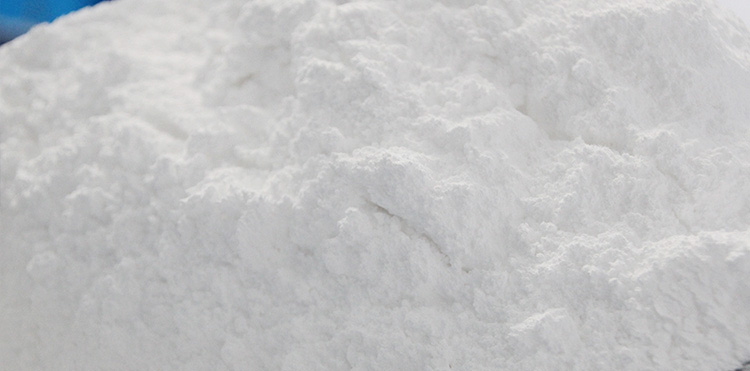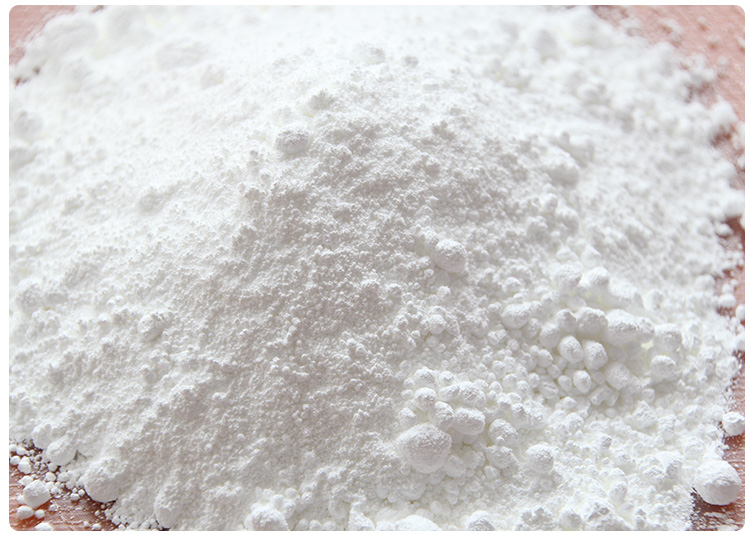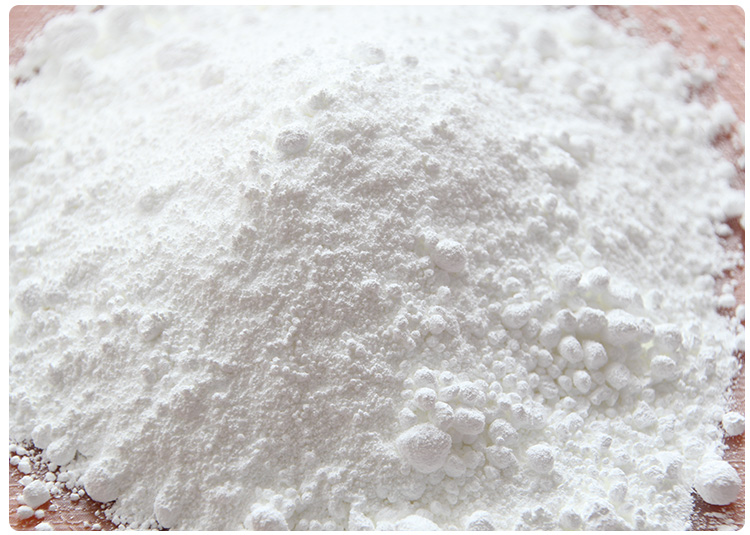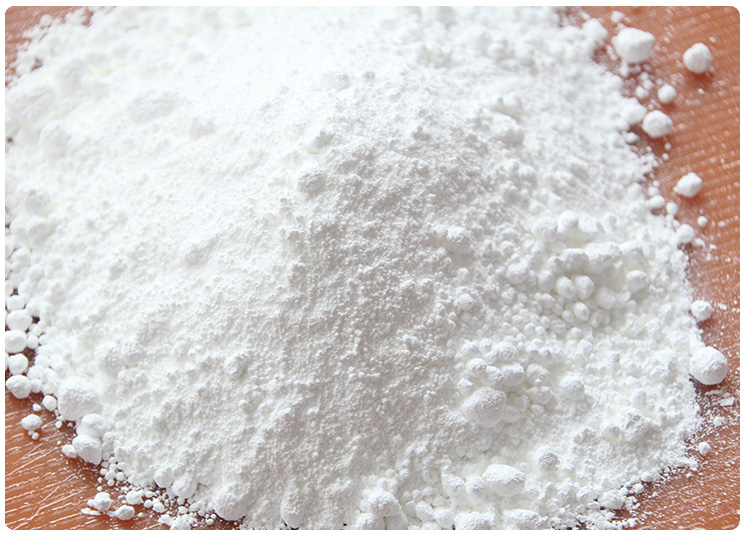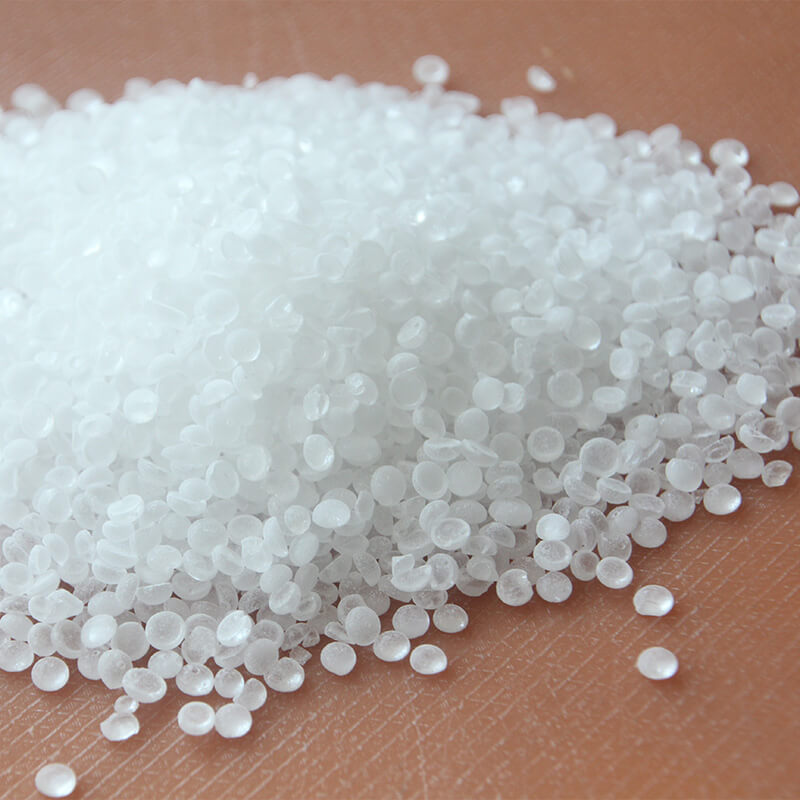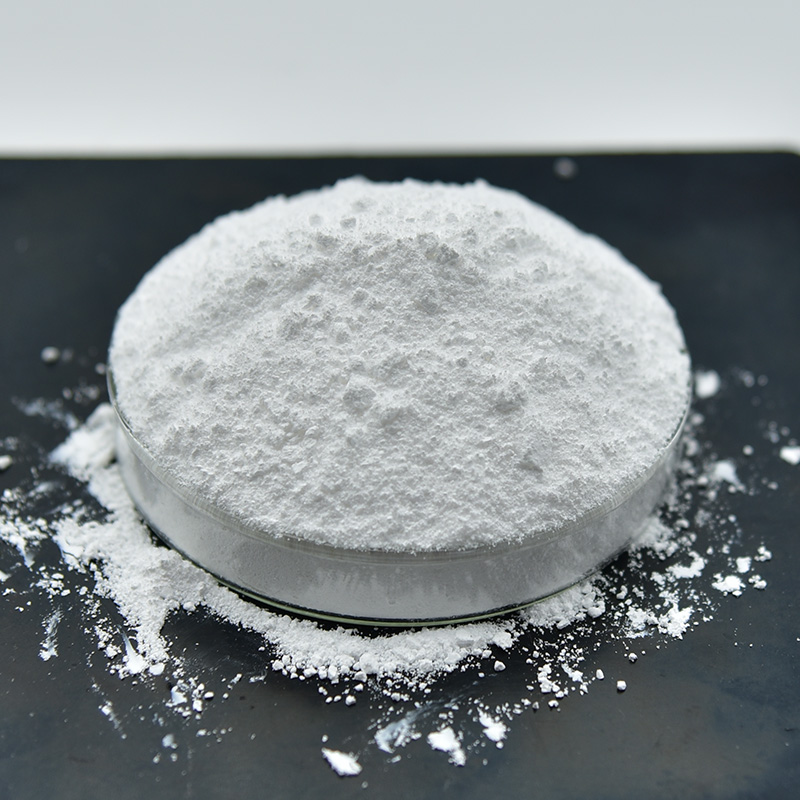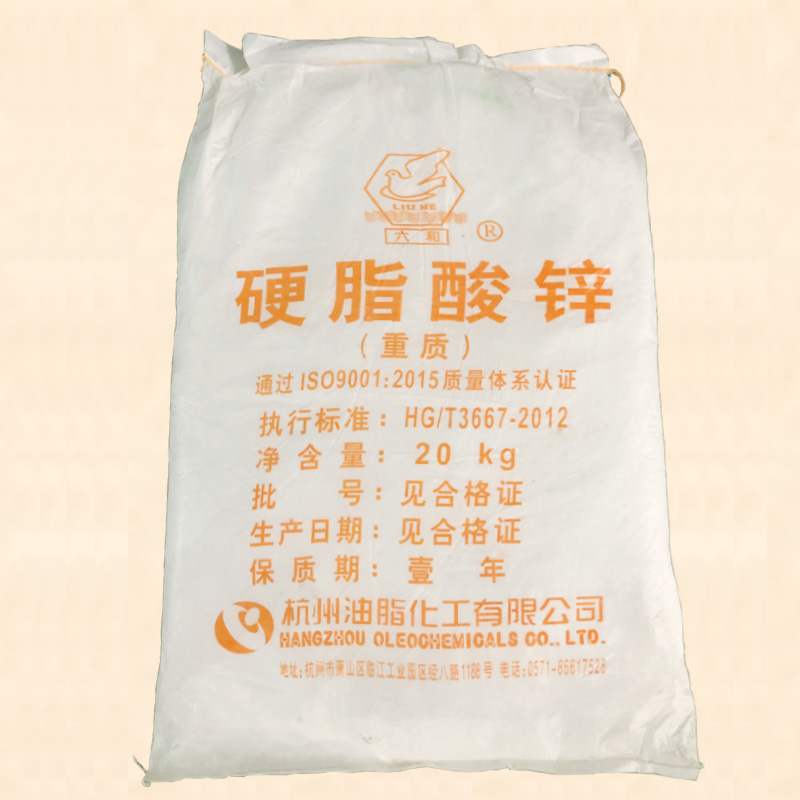The role of aqueous zinc stearate in the rubber industry
- Mingpai
- 2024-06-08 10:00:19
Water-based production method of zinc stearate offers several advantages in the rubber industry:
Lubrication: It serves as an effective softening and lubricating agent for rubber products, significantly reducing sticky issues during compounding processes, such as adhesive phenomena on rollers when mixing chloroprene or chlorosulfonated polyethylene rubber, thereby enhancing productivity and protecting machinery.
Processing Improvement: Acting as an activator, water-based zinc stearate improves the dispersion of certain acidic fillers within rubber, facilitating better processing characteristics and a smoother manufacturing process.
Release and Anti-stick Properties: It is utilized as a release agent, facilitating the easy removal of rubber products from molds during manufacture, minimizing defects and increasing yield. In particular, its water-based emulsion form is highly effective as an anti-stick agent for raw silicone and other uncured rubber intermediates, simplifying cutting operations.
Surface Characteristics Adjustment: It can reduce the surface gloss of rubber products, providing a desirable matte finish where needed.
Flowability Enhancement: When added in small quantities (typically 1-2%) to rubber compounds, it significantly improves their flowability, acting as an internal flow modifier. This leads to a reduction in defects and incomplete fills during the production of calendered products, ensuring more uniform and consistent end-products.
In summary, the water-based zinc stearate plays a pivotal role in the rubber sector by not only acting as a superior lubricant and release agent but also by refining processing properties, adjusting surface aesthetics, and optimizing compound flowability, ultimately contributing to enhanced product quality and manufacturing efficiency.
